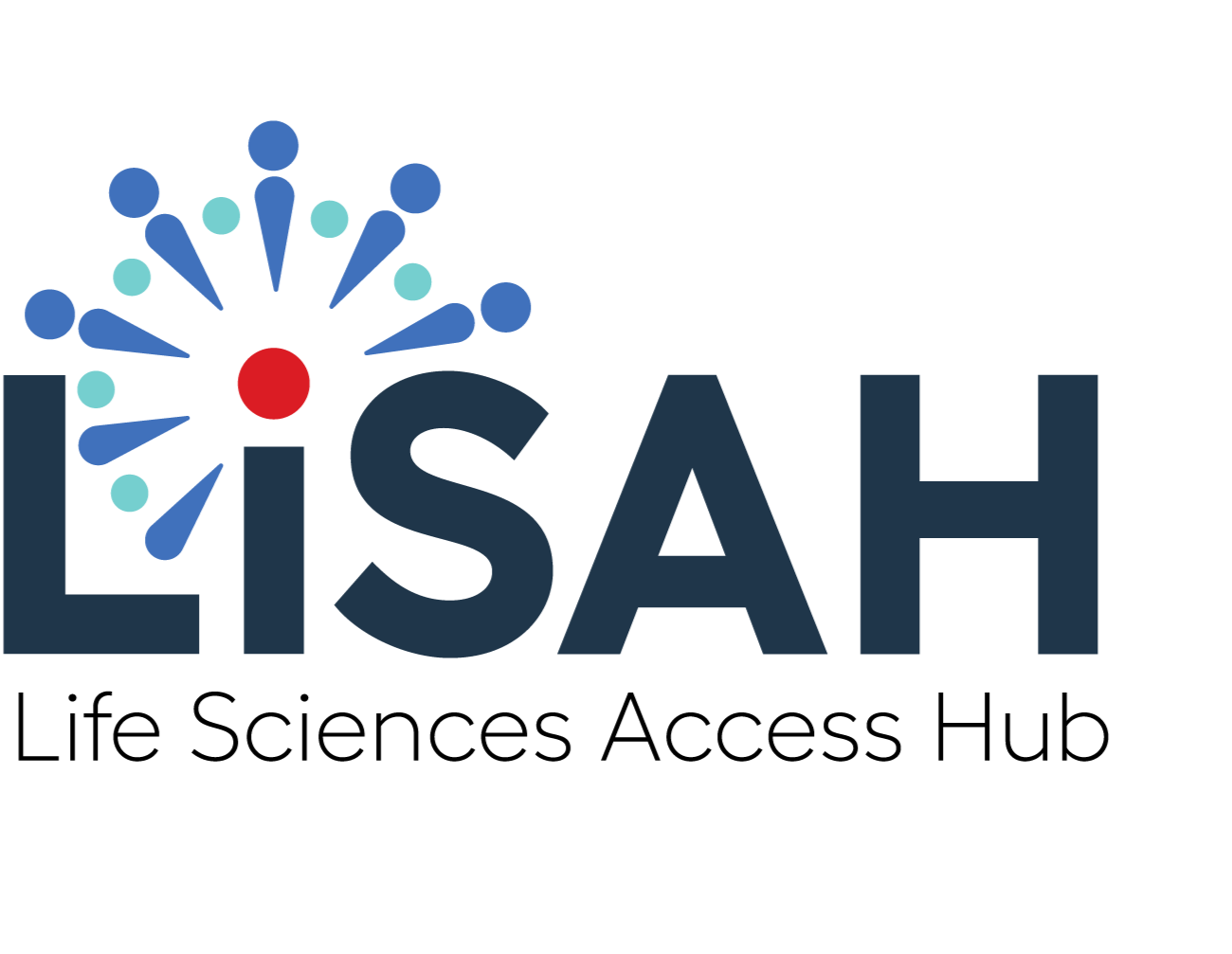In this section members can identify a range of books addressing the challenge of pricing pharmaceuticals, summarising their content and citing the publisher and ISBN.
If you would like to consult this resource please login at the top of the page or sign up by clicking on one of the buttons below.
A subscription gives you full access to all the content on the site, including Briefings on a wide range of key international access topics.
Aternatively, a free membership gives you access to added content in the Learning, Directory and Events sections,
and signs you up to our regular newsletter.
